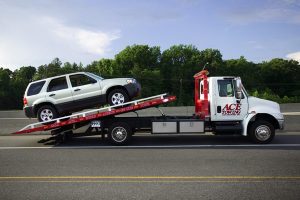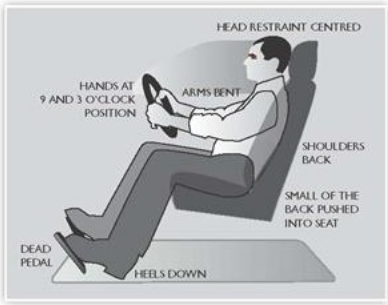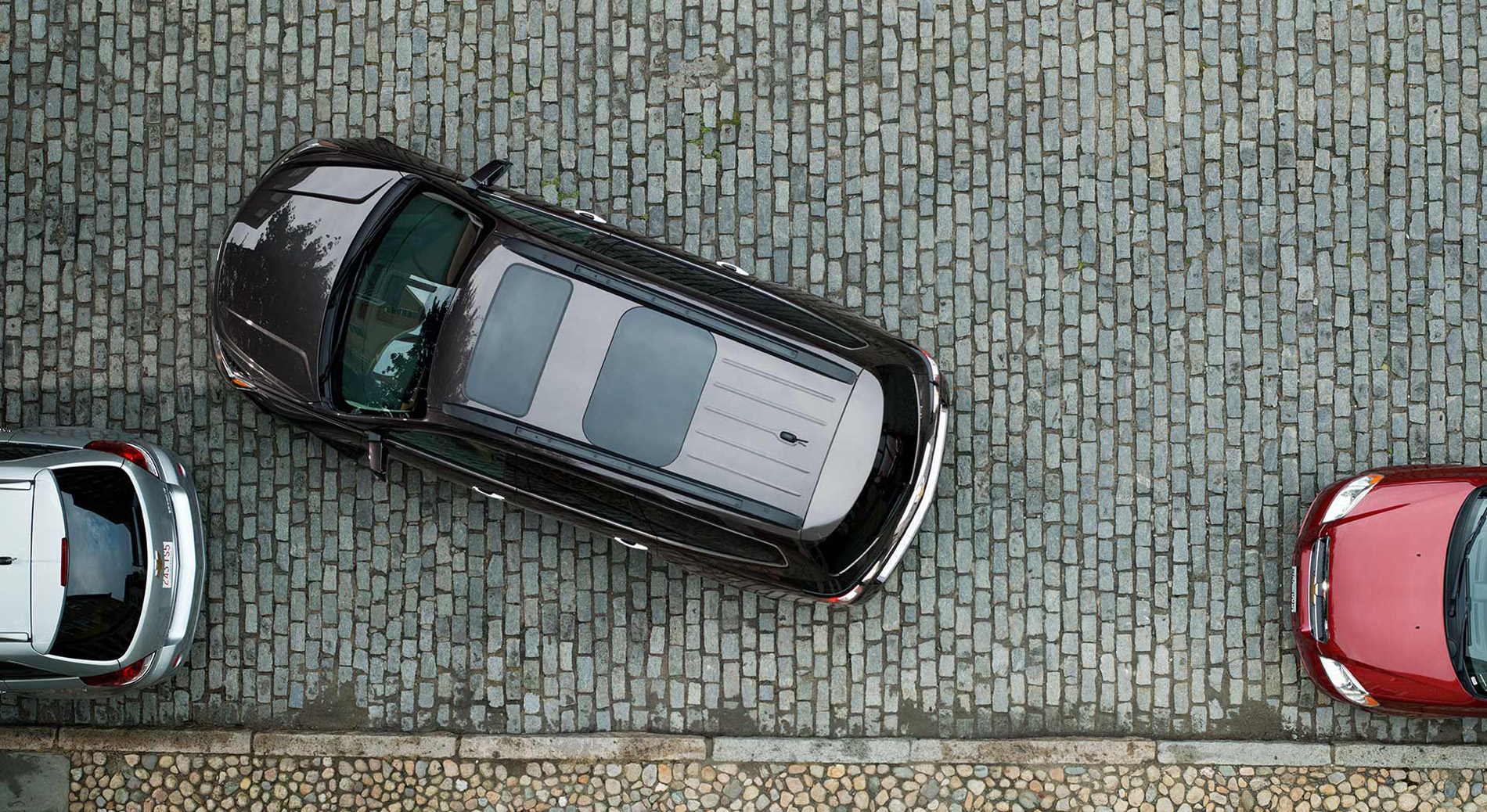Waving the White Flag: Should You Allow a Voluntary Repossession?
 You’ve probably heard stories where people do drastic things to stay alive, perhaps after getting stuck in the wilderness or disaster zones. Debt can make you feel the same way. If you’re overwhelmed by your car payments, it may seem like there’s only one way out – a voluntary repossession.
You’ve probably heard stories where people do drastic things to stay alive, perhaps after getting stuck in the wilderness or disaster zones. Debt can make you feel the same way. If you’re overwhelmed by your car payments, it may seem like there’s only one way out – a voluntary repossession.
It’s a route you can certainly take, but you need to ask yourself if it’s worth it. Allowing a lender to take your car might seem like a lifeline if you can’t make your payments. However, the consequences of a repossession can go far beyond you losing your car.
The Lowdown

You arrive home and open the mailbox. There’s a stack of envelopes, and they’re not HST cheques. It might look like this – bill, bill, bill, bill, flyer, bill… collection letter.
You might reach a point where you can’t make a car payment with so many other obligations on your plate. It’s just too much to chew on at once.
So if you can’t make payments, it would make sense to just let your car go, right? The short answer is no. And there are reasons to make a voluntary repo of a car your very last option.
Repo’s Damage Credit – Badly
Did you ever have a piece of clothing that took weeks of washing to remove? Think of a voluntary surrender of a car in the same fashion. When a repossession gets put on record, it stays there for up to seven years. It sits like an unsightly stain, which future lenders will see and take note of.
As you could imagine, the resulting drop in your credit score would make it challenging to get approved for loans and other forms of financing in the years to come. This is true even with lenders who cater to people with bad credit. For this reason alone, you should think twice about giving into a voluntary repossession.
A Voluntary Repo of a Car isn’t Cheap
Think you’re strapped for cash now? Well, you probably haven’t thought about the price of a voluntary repossession of a car. In fact, it’s an expense that even lenders don’t want to put up with.
In addition to your loan payments (they don’t disappear after getting repo’d), you will have to pay repossession fees, towing costs and in some cases, additional fees if a bailiff is involved. All of this amounts to thousands of dollars.
Not only will this add to your debts, it will bring you stress and frustration which only complicates the situation. So if anything, it’s better to deal with loan payments, instead of the added costs of car repossessions.
Repo’s Make Life Inconvenient
Inconvenience is another factor you’ll face if you allow a voluntary surrender of a car. Some might reason it’s not a big deal, especially if there are other options such as carpooling or public transit.
But what if your workplace is too far to reach by means of public transit? Are you going to splurge on taxi rides? It wouldn’t make much sense. Or what if you’re an individual who needs a vehicle for work?
Perhaps you’re in the construction or landscaping business, and are dependent on a work truck. A voluntary repossession of a car could be devastating for business. So you should see these things as more than just minor inconveniences – they can put your on hold.
There Are Better Options
What should you do instead of allowing a repossession from taking place voluntarily? Are there any options that would keep you from facing serious credit issues, while giving you a chance to make your car payments? There are indeed some answers.
Alternatives to the Voluntary Repossession
- Re-evaluate your budget – Are there certain lifestyle choices or habits you can put on the backburner for now? It’s not easy making sacrifices, but doing so might open up some hidden cash flow that can go towards your car payments.
- Modify your loan – If possible, negotiate with your lender to see if it’s possible to change the terms of your loan. That could mean an extension, allowing for lower payments. You might even be able to refinance your loan, if your credit has been relatively healthy up until now.
- Resell your vehicle – Although not ideal, you can avoid the credit drops associated with repossessions by selling your car. This will allow you to cover some of the amount remaining on the loan. Keep in mind, however, that you’ll have to come up with the rest somehow.
Before resorting to a voluntary repossession, you might want to consider speaking to a credit advisor. It’s natural to worry and sometimes assume the worst when you’re in a pit of debt, but a fresh perspective can help you see a way out.
That’s where counselling comes in. A counsellor can help you take a deeper look at your finances (ie. income, debts), and point out the areas where you can adjust so that your car payments aren’t so difficult. Best of all, these services are often free.
Don’t Surrender Unless Cornered

When you feel buried underneath car loan payments, getting out may seem impossible. The only solution may seem like giving into a voluntary repossession. However, it’s a move that sits in the same category as bankruptcy – it should be a final lifeline if all else fails.
Credit experts and financial advisors will even recommend that people who decide to take this route, to go in with a plan. After all, your goal should be to immediately restore your credit back to a healthy state.
Ultimately, you can probably save yourself a lot more headaches by finding ways to avoid a repossession altogether. The restrictions that come with major credit hikes will be much worse than what you’re probably facing now. So fight hard to keep yourself from sinking further!





